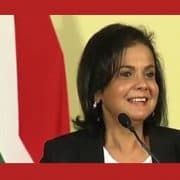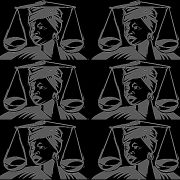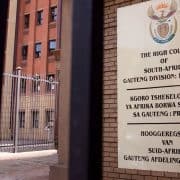|
Getting your Trinity Audio player ready...
|
The Presidency will no longer be appealing a North Gauteng High Court order that found former president Jacob Zuma to be too conflicted to “appoint, suspend or remove the National Director of Public Prosecutions or someone in an acting capacity as such”, and that the deputy president should perform that function as long as Zuma was in office.
In December 2017 judgment was handed down on an application by Corruption Watch, together with Freedom Under Law and the Council for Advancement of the South African Constitution, to review and set aside the R17.3-million settlement agreement between former national director of public prosecutions (NDPP) Adv Mxolisi Nxasana, the president, and the minister of justice, thereby declaring his removal from office invalid.
The judgment not only sided with the applicants, but also found that former president Jacob Zuma’s appointment of current NDPP Shaun Abrahams was unlawful. The applicants had submitted that Zuma was conflicted in his appointment of Abrahams, because of the corruption charges that had been hanging over his head for a number of year, and which the NDPP was overseeing. The court disagreed with Zuma’s and Abrahams’ arguments to the contrary, and set aside Abrahams’ appointment.
Both Zuma and Abrahams immediately filed appeals against the judgment.
Now President Cyril Ramaphosa has withdrawn Zuma’s appeal, while Abrahams’ appeal is still in motion. The case is scheduled to be heard in the Constitutional Court on Wednesday 28 February.
A letter from the state attorney’s office, dated 23 February, stated that, with the current regime change and “after consultation with the current President of the Republic of South Africa, we are instructed to inform this court, that the first respondent (Ramaphosa) is no longer prosecuting its appeal and therefore will not be present to argue the matter on 28 February 2018.
“To the extent that the former president (Zuma) may want to pursue argument on matters affecting him personally, he may do so through his legal representatives,” the letter notes.







